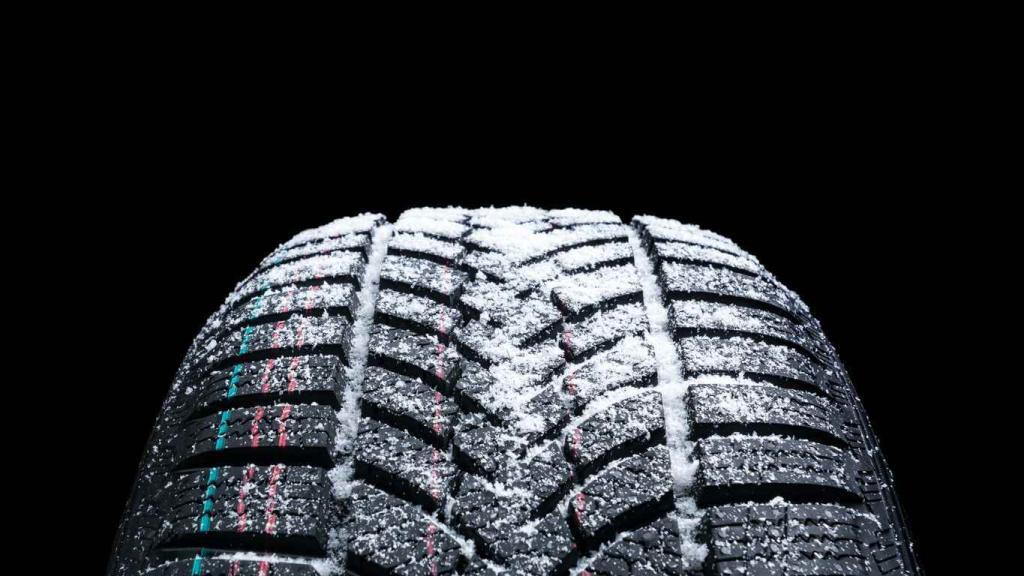
‘Tis the season of holiday cheer, time spent with family, presents, and flat tires. It’s a reality many drivers are all too familiar with. Once the December temperatures set it, there is a high chance of going one morning to your car and noticing your wheels have lost some of their pressure.
But why does this happen? And, more importantly, how can you prevent it and stay safe?
The Main Reason Is the Cold
Tires regularly lose some pressure over time, but that’s just something that comes with the territory. However, cold weather causes the air inside the tires to contract, which means the air molecules don’t move like they are used to. These molecules start hitting against the walls of the tire, eventually seeping out, which causes the drop in pressure and the flat tire.
Unfortunately, there’s not really a way you can avoid this unless you find a way to prevent a natural process of taking its course. What you can do, however, is increase safety at this time.
What can you do?
You should be checking your tire pressure routinely, as sometimes the tires may appear fine when you look at them, but the pressure levels may be off. In the colder days, it’s best to check your tires at least a few times a month, maybe even more during a particularly cold period.
Additionally, you may also want to invest in a tire pressure monitorization system unless you have a newer car model that already has one. Most models made after 2007 are equipped with this system, but older models usually aren’t, so you need to be more careful with older vehicles.
If you notice your tires have lost some pressure, all you generally need to do is substitute the amount of air that’s been lost, and you are good to go.
Don’t Risk It
If your light goes off and signals you have low pressure in your tires, it’s best to address this issue right away. Pullover the vehicle when it’s safe to do it, and add some more air.
Low tire pressure means too much of the surface area is touching the road, which causes a lot of friction. This leads to the tires becoming overheated, and maybe even a blowout in extreme cases or lead to tire damage. It’s a guaranteed recipe for disaster, so make sure your tires are properly inflated before you get behind the wheel, especially during the winter.
Factors to Consider When Choosing a Tire to Help Prevent Blowouts
Weather Conditions
One of the first things you’ll want to consider when choosing tires for your car is the typical weather conditions in your area. If you live in an area with warm weather and little rain, you’ll likely want to choose a tire with less tread depth than someone who lives in an area with colder weather and heavier rainfalls. This is because tires with less tread depth perform better in warm and dry weather. They’re also generally more fuel efficient.
On the other hand, if you live in an area with colder weather and more rainfall, you may want to choose a tire with deeper tread depth to provide more traction on wet roads. Deeper tread depths also provide more protection against potholes and other debris that can damage your tires.
Type of Roads
Next, you’ll want to consider the type of roads you typically drive on. If you live in a rural area where the roads are mostly dirt or gravel, you’ll likely want to choose a tire designed for off-road use. These tires typically have deeper tread depths and thicker sidewalls to protect against punctures from rocks and other debris.
If you live in an urban area where the roads are mostly paved, you’ll want to choose a tire that’s designed for city driving. These tires typically have shallower tread depths and thinner sidewalls to provide a smoother ride and better fuel efficiency.
By taking these factors into account, you can ensure that you choose a tire that will generally perform well under the conditions you’ll be driving in most often.
Have You Been Involved in an Accident?
Underinflated tires can cause an array of safety problems and possibly even a car accident. If you’ve been the victim of such an event, you may be eligible for compensation. Reach out to a St. Louis car accident lawyer for a free consultation and find out what you need to do to get compensated for all your damages.
Why Choose Us vs TV Lawyers?
Direct Attorney Access
Maximum Settlement Focus
Trial-Ready Cases
Paralegal Handling
Quick Settlement Push
Settlement-Only Focus
Free Consultation with a St. Louis Car Accident Lawyer
Don’t talk to an insurance claims adjuster before speaking with The Hoffmann Law Firm, L.L.C. We can help you avoid making statements that may affect the outcome of your case. The consultation is free; you don’t pay unless we get you money!
